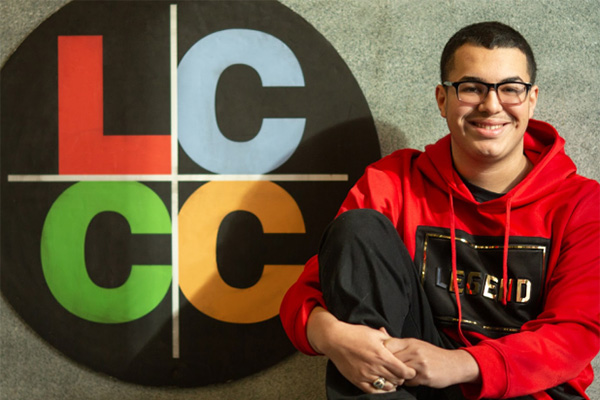Transfer to a Four Year School
LCCC can help you understand the transfer process and access the tools you need to make the right academic choices for you. We hope this guide helps you better understand the transfer process and become familiar with the services that are available to you. Ultimately, it is your responsibility to gather information about transferring and make decisions based on your goals.
Pennsylvania Transfer and Articulation Center (PATRAC)
The Pennsylvania Transfer and Articulation Center (PATRAC) was established to provide current and accurate information about course transferability and the college transfer process. The PATRAC website is updated frequently, and additional information pertaining to course transferability among the participating institutions will be posted as it is made available. Visit the PATRAC website to learn more.
Contact Us
Questions about the transfer process? Contact your academic advisor or email adviseme@lccc.edu.

